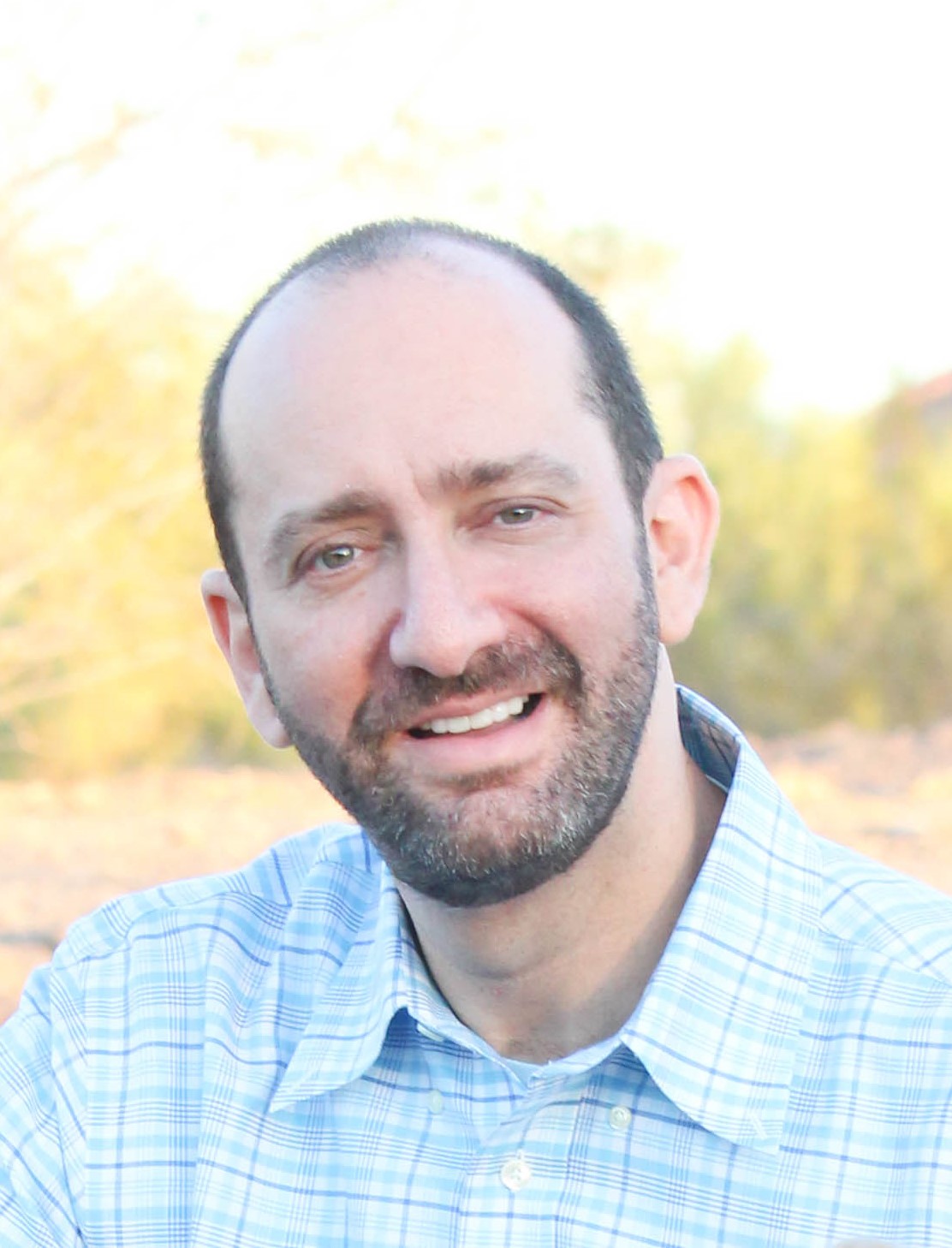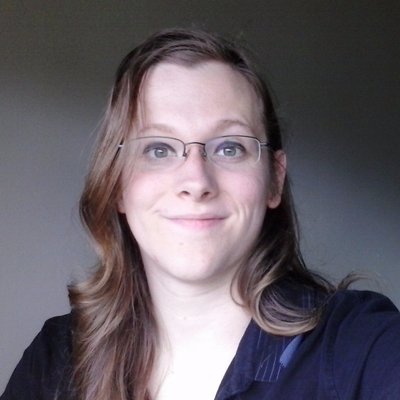
by Michele Kirichanskaya | Sep 17, 2021 | Blog
Bill Konigsberg is the author of six books for young adults, which have won awards including the Stonewall Book Award, the Sid Fleischman Award for Humor, and the Lambda Literary Award. Bill lives with his husband, Chuck, and their two Labradoodles, Mabel and Buford....

by Michele Kirichanskaya | Oct 8, 2020 | Blog
A graduate of UC Santa Cruz, April Daniels is the Lambda Literary Award nominated author of the Nemesis series, following trans superhero, Danny Tozer, who inherits her superpowers after a fateful encounter with a dying superhero. Adding to the growing LGBTQ+...




